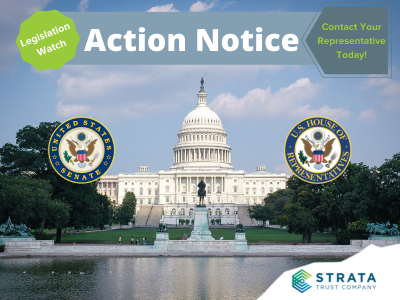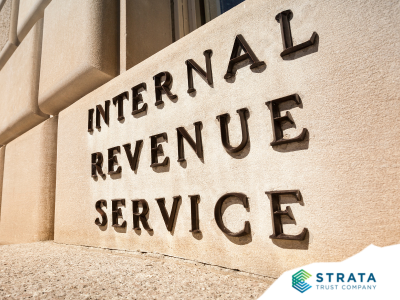According to Identity Theft Resource Center (ITRC), 2021 was record- breaking for data security breaches involving companies like Android, Facebook, and many more well-known organizations. While no organization is without risk, these simple, practical tips are an easy way to help your data become more secure online.
Use long password phrases
Length is powerful when creating a password to safeguard access to your accounts, but that doesn’t mean you need to remember a string of random letters, numbers, and symbols. The NCSA recommends creating a long passphrase, at least 12 characters long, using words you’ll be able to remember. A positive sentence or phrase that you like to think about is suggested to help with remembering your password (e.g., IlovetheBeeGees). The IRS suggests creating a password that is easy to remember by describing objects in a room of your house (e.g., bluecouchflowers). Cybersecurity experts also recommend using 2-factor authentication (e.g., a one-time code through text message on your mobile device) when available to add another layer of protection.
Think twice about links
Clicking a link opens the door for cyber criminals to access your information. This includes links in emails, tweets, texts, social media posts, and online advertising. Be especially skeptical of communications that want you to act immediately or ask for personal information. A malicious email can look like it came from a legitimate source, even your financial institution or a government entity. If you’re not sure about the source of an email or other communication, contact the company directly. Compare with contact information obtained from your account statements to verify the sender’s identity.
You should also beware when scrolling through social media and clicking on an advertisement. These can be so tempting, especially when the algorithms place targeted items of interest in your path. But these links can be vehicles for phishing attacks and e-commerce theft. It’s safer to go directly to a company’s website to verify an offer or to make a purchase.
Install updates
Keep your smartphone apps up to date for the best protection and be sure to install and maintain anti-virus software, firewalls, and email spam filters on your personal computer. Keeping your web browser up to date is an easy way to make sure criminals cannot take advantage of known vulnerabilities of these systems. Criminals can also use social networking sites to distribute malicious code, so it’s important to have up to date malware protection on your computer.
Another standard safety recommendation is to back up the data on your laptop or other personal device. If there is a ransomware or cyber threat that locks up your system, you’ll be able to restore your data from the backup. The NCSA recommends keeping three back-up copies of your data—storing two of the copies on different storage media, and keeping one copy offsite.
Be aware of what you’re sharing
We tell our kids not to post their address or school name or other information online that could help a predator locate them in real life. Likewise, adults should also be aware of what they’re sharing online that could be valuable information to a criminal. This includes our email addresses, usernames for social media accounts, pictures of valuables, or news of an upcoming trip. Remember, the Internet is a public space, so be cautious about the information you reveal. Predators may use information about your location, interests, and friends to commit identify fraud or to access your personal data.
Use your hotspot
When you’re away from home and using a public wireless network, know that anyone could potentially see what you are doing on your laptop or smart phone (e.g., checking your bank account from a hotel, shopping with your credit card from a coffee shop). Consider using your mobile phone hotspot for a more secure connection on the go.
As a quick reminder, STRATA will never call or text you to share your multifactor authentication information.
For more specific information
The Cybersecurity & Infrastructure Security Agency (CISA) provides easy-to-understand information on specific concerns like how to protect your home network, how to stay safe on social networking sites, and how to protect against malicious code and phishing attacks. Go to https://us-cert.cisa.gov/ncas/tips.
The National CyberSecurity Alliance (NCSA) provides tips for individuals and businesses on how to protect personal accounts, home computers, and business systems online: https://staysafeonline.org/stay-safe-online/online-safety-basics/.













